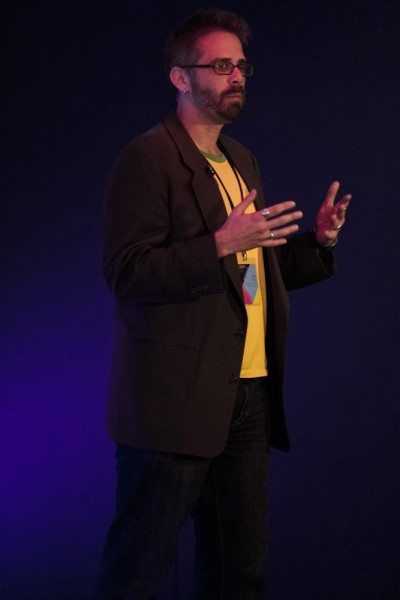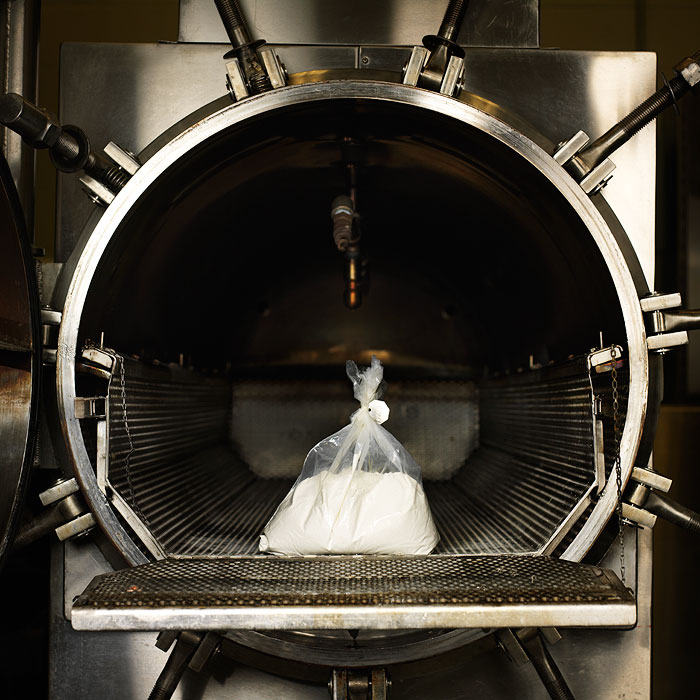Future Death. Future Dead Bodies. Future Cemeteries
John Troyer, TEDxBristol Talk (September 15, 2012)
On September 15, 2012 I was one of the TEDxBristol speakers. The TEDxBristol 2012 theme was Future Shock, so I took the opportunity to discuss three of my favorite topics: Future Death, Future Dead Bodies, and Future Cemeteries.
The entire TEDx event was organized exceptionally well, and I was impressed by all the speakers. I usually count on at least one speaker who completely blows it and becomes that guy (because it’s almost always one of the male speakers) so that I can be relieved that I wasn’t that guy. But no.

John Troyer using officially recognizable TED talk hand gestures
What really stands out for me from the day is the live drawing being done by artist Nat Al-Tahhan as each of us spoke. Nat drew images reflecting our talks, while we spoke, and she nailed the day down. I love the images. You can see them here.
I’m fairly certain that Death Ref readers can determine when I spoke, based only on the drawings.
The video of my talk is now up and you can watch it on YouTube here or above.
 When the Death Reference Desk started in July 2009, we immediately began discussing death, dying, the dead body and the economy. You can read all of those posts in the
When the Death Reference Desk started in July 2009, we immediately began discussing death, dying, the dead body and the economy. You can read all of those posts in the 